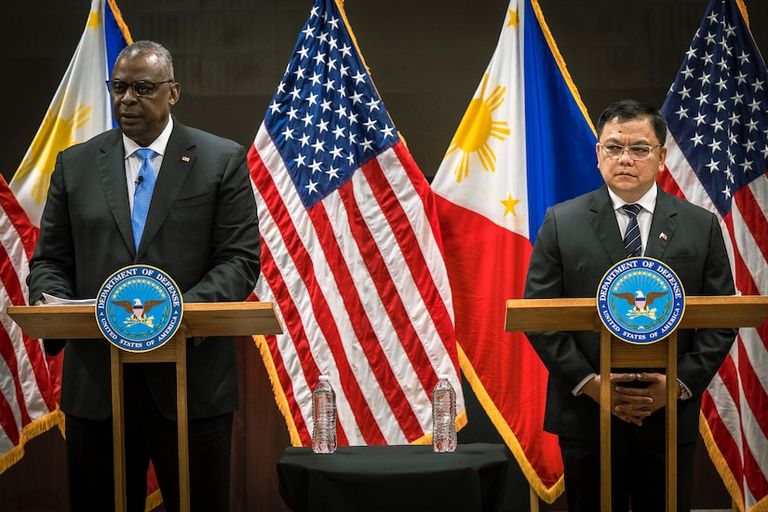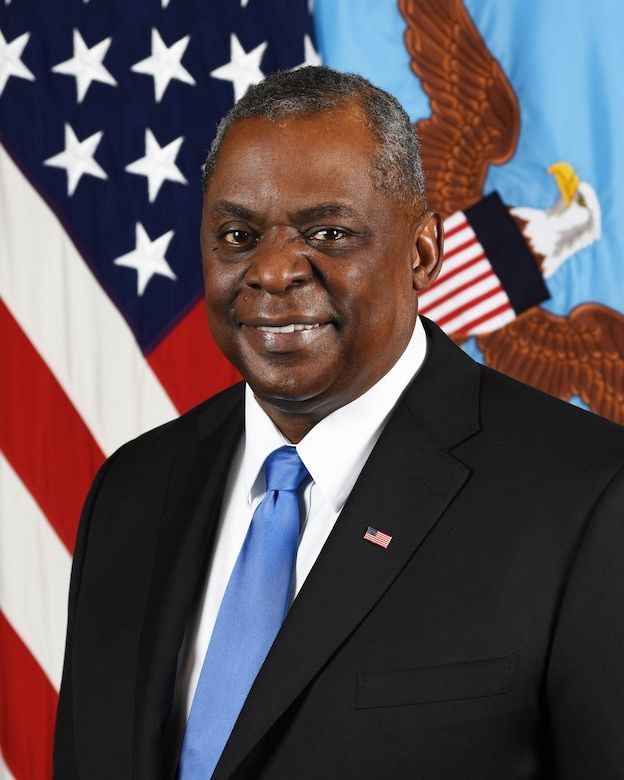This article is a work in progress. I’m supposed to post this article later but many things are already unfolding.
It is innate in animals to engage in “war”
Overcrowding on animals can be a factor to consider for animals to resort to aggressive behavior. The so-called “territorial imperative” in animals (the demarcation and defense against intrusion of a fixed area for feeding and breeding). When resources are limited, animals may engage in conflict to secure access to them. Animals also have the biological means of population control through reduced fertility that occurs when animal populations increase beyond the capacity of their environment.
Is war inevitable?
Struggle for power, violence, and warlike actions seem to occur in all societies and have done so throughout history, although there are differences between societies as to the degree and way in which they manifest themselves. This indicates a strong common determinant of human behavior (Lowenhard, 1991).
Pandemics and wars have often been linked throughout history. Pandemics can exacerbate existing social and political tensions, leading to conflict, and wars. A rise in mental health issues during the pandemic was also observed. These issues were not addressed and now the world is in an abrupt transition to the new normal.
Is there a looming war?
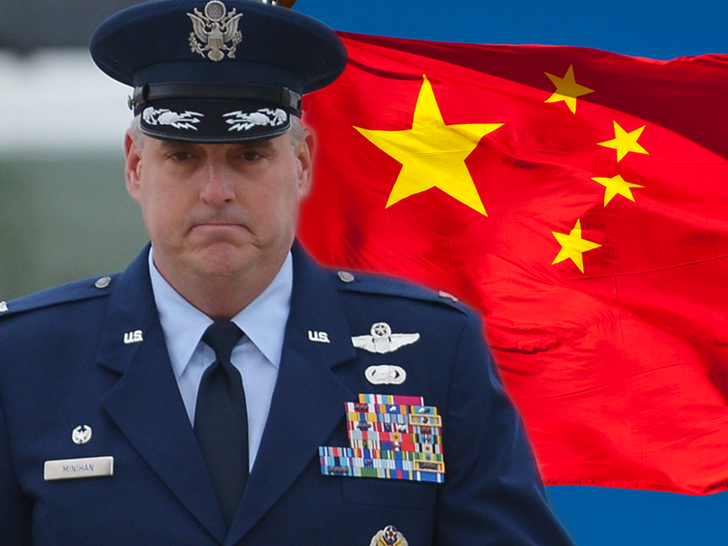
January 27, 2023: A US general predicts war with China in 2025 (https://time.com/6251419/us-china-general-war-2025/). General Minihan ordered the American troops to prepare for the next fight.

January 28, 2023 - The Sky is Green over Hawaii. On January 28—the same day a suspected Chinese spy balloon was detected by the U.S. off the coast of Alaska—a camera watching the night atop a mountain in Hawaii caught a series of green laser beams darting across the sky.
Lasting a matter of seconds, just as it turned 2:00 a.m. local time (7:00 a.m. ET), footage from the camera caught the bands arcing left to right, footage shows. While the owners of the camera initially supposed it was a NASA mapping satellite, the U.S. space organization has said that it was not them, suggesting it may have been the Chinese.
January 31, 2023: Austin arrived in Manila and met his Philippine counterpart and other officials to build on our strong bilateral relationship, discuss a range of security initiatives, and advance our shared vision of a free and open Pacific.
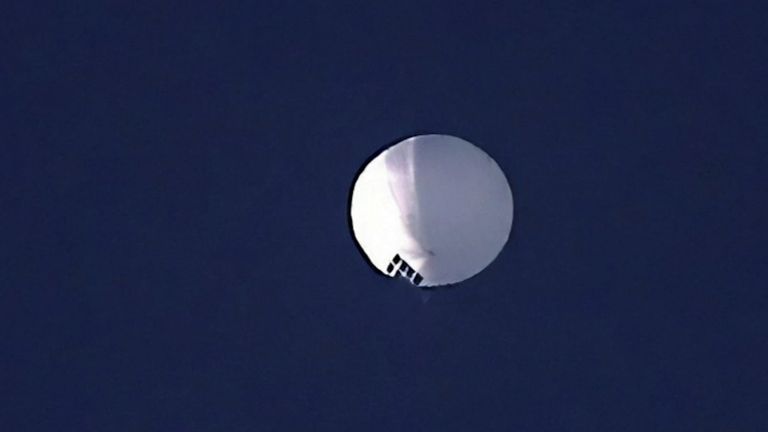
February 2, 2023: The US is tracking a suspected Chinese spy balloon drifting over the U.S. has surveillance part as big as multiple school buses (https://www.cbsnews.com/news/chinese-spy-balloon-montana-flight-tracking/), a discovery that risks adding further strain to tense US-China relations.
I love the commentary posted by Arthur Holland Michel, “If the Chinese stratospheric balloon spotted floating about a dozen miles above the northern United States is indeed a spy craft, as the Pentagon claims, it’s hard to believe that it was meant to chart its course in secrecy. After all, it’s a giant balloon. If anything, it was more likely dispatched precisely for the purpose of being seen. As U.S. officials were quick to note on Thursday, the balloon is unlikely to have gathered any novel intelligence that China couldn’t already have accessed by other means. Yet the balloon has captured something just as precious: our attention. So even if the balloon’s tactical value was nominal, its psychological impact has been significant. It perhaps adds some insult to injury that America’s airspace — and, by extension, its collective sense of security — was pierced by a lumbering sack of gas traveling no faster than a sturdy wind.”

February 4, 2023: A US warplane shot down a Chinese high-altitude balloon over the Atlantic Ocean after it had crossed the entire US and caused a diplomatic rift between the two countries. Chinese foreign ministry accuses the US of ‘overreacting’ and ‘violating international practice’ after the balloon was downed.
February 11, 2022 - U.S. military fighter jets on Sunday shot down an octagonal object over Lake Huron, the Pentagon said, the latest incident since a suspected Chinese surveillance balloon put North American security forces on high alert.

It was the fourth flying object to be shot down over North America by a U.S. missile in a little more than a week. China's foreign ministry said it had no information on the latest three flying objects shot down by the United States.
February 13, 2023 - China Uses Military-Grade Laser to Blind Philippine Coast Guard

From LASER Pointing to Finger Pointing
On the other hand, China is claiming that the Philippine vessel "intruded" Chinese territory. It was a warning to the Philippines not to take provocative actions that might escalate the situation.
(Additional events will be added here)
Where would be the next fight?
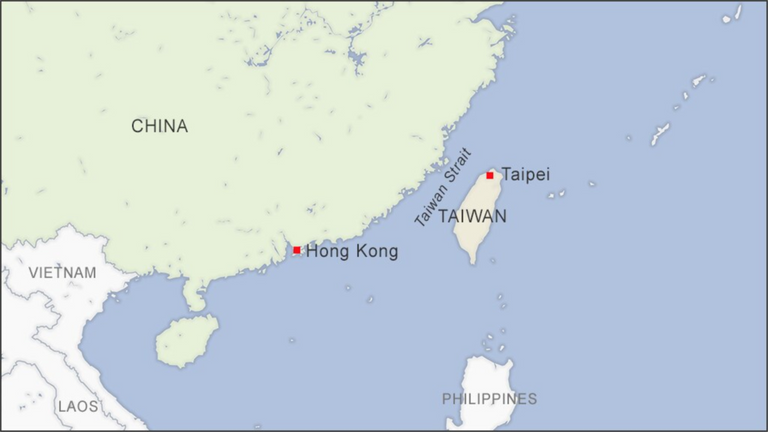
All roads seem to lead straight to the Taiwan Strait. The Taiwan Strait is a body of water located between Taiwan and mainland China. It is approximately 130 km wide and separates the East China Sea from the South China Sea. The Taiwan Strait is an important shipping lane and is also a source of political tension between Taiwan and mainland China.
Taiwan crises had important implications for regional security, and we should expect the same today.
The First Taiwan Strait Crisis of 1954-1955 had the most potential to escalate. It involved intense shelling of offshore islands, nuclear saber-rattling by the United States, and successful amphibious operations by the People’s Liberation Army that led to the seizure of several small islands.
The Second Taiwan Strait Crisis, in 1958, involved such bravado from Mao Zedong that even Soviet leader Nikita Khrushchev was put off, contributing to the Sino-Soviet rift.
The Third Taiwan Strait Crisis erupted out of Chinese anger at Taiwanese President Lee Denghui’s visit to the United States in 1995. Although it arguably had limited potential to escalate given the relevant military balance across the Taiwan Strait at the time, there were major implications nonetheless: It sparked double-digit growth in China’s military budget and led the People’s Liberation Army to develop anti-access, area-denial doctrines to threaten U.S carriers deployed during future incidents. When it is finally resolved, the current crisis will likely have had similarly significant effects.
Fourth Taiwan Strait Crisis. The Chinese military exercises that began on Aug. 3, 2022, prompted Speaker Nancy Pelosi’s visit to Taipei. But this is a bigger crisis, driven by bigger factors. There has been a steady erosion in Sino-American relations and — not unrelated — a shift in the nature of U.S.-Taiwan relations that Beijing finds deeply threatening.
Si vis pacem, para bellum
"If you want peace, prepare for war".

Xi Jinping tells China’s army to focus on preparation for war as China in an ‘unstable and uncertain’ security situation amid tensions over Taiwan.
On the other hand, Minihan, a four-star US Airforce General orders his fleet to prepare for war with China and laid out his plan to fight and win "inside the first island chain.”
The First Island Chain

The first island chain consists of a group of islands including Taiwan, Okinawa and the Philippines, which China sees as the first line of defense. Beijing's "anti-access/area denial" strategy seeks to push American forces out of the East and South China seas within the first island chain. According to Nikkei (2021)The U.S. bolstering its conventional deterrence against China, establishing a network of precision-strike missiles along these islands. However, China has already installed missile systems on the Spratly Islands in 2018 (Macias, 2020).
Zeitgeist
The world just resurfaced from uncertainty, fear, and loss. There is unrest. Most countries have a heightened focus on national security and unity. Many countries are facing significant challenges, such as environmental degradation, income inequality, political division and polarization Some desire expansion and domination which contribute to the scarcity of resources and two have power struggles in the West Philippine Sea.
Quo vadis, Philippines?
“We can't go to war with China” Marcos echoes Duterte on West Philippine Sea
In the Philippines, the coast seems clear but If we look at things closely, some things are not what they seem. Let us look at the recent events:

National Security Adviser, Clarita Carlos was replaced with retired military chief Eduardo Año.
Who is Eduardo Año? He graduated elementary at the top of his class. He joined the Philippine Military Academy Class of 1983 and graduated cum laude. In 1993, Año finished at the top of his class in the international officer intelligence course in Arizona where he scored a perfect 100% rating. In times of war, a soldier knows best.

- The implementation of the mandatory Reserve Officers’ Training Corps (ROTC). ROTC is designed to provide basic military training to college students and in the process, instill patriotism and discipline (something which is lacking among the youth). This also aims to address, in the long run, the shortage of personnel in the military, especially during national emergencies or major disasters.
https://mb.com.ph/2023/01/31/ready-or-not-its-time-to-decide-on-mandatory-rotc/
- U.S. Defense Secretary Lloyd Austin visited the Philippines announcing the expanded U.S. access to military bases in the country a move which a Chinese military aviation analyst, said the new sites had the potential to “pose a big threat to China”, given their close proximity to Taiwan and the Spratly Islands.
The Bush Doctrine and Lloyd Austin

The Bush Doctrine refers to a set of foreign policy principles and strategies articulated by US President George W. Bush in the aftermath of the September 11, 2001 terrorist attacks. The central tenet of the Bush Doctrine is the concept of pre-emptive military action or the idea that the US should take military action against potential threats before they materialize.
The Bush Doctrine also emphasized the importance of spreading American-style democracy and freedom around the world and the use of military force as a means of achieving these goals. This approach was characterized by a focus on military intervention in countries deemed to pose a threat to US national security, and a willingness to use military force in situations where diplomacy or other forms of intervention were deemed ineffective.
The Bush Doctrine had a significant impact on US foreign policy in the years following its articulation, particularly in the aftermath of the 9/11 attacks and the subsequent US-led wars in Afghanistan and Iraq.
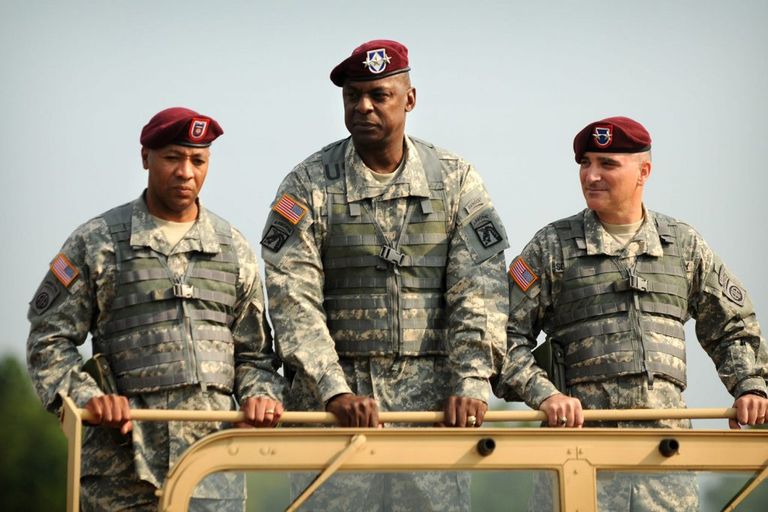
Austin was the brains behind the assault on Baghdad in April 2023. It was during the 3rd Infantry Division’s assault on Baghdad that Austin made his reputation. With the division poised outside of Baghdad, Austin greenlit the 2nd Brigade Combat Team’s sprint into Baghdad. “He was always pushing. Pushing, pushing, pushing. He was one of the finest combat commanders I’ve ever seen.” The assault was a spectacular success, and the high command noticed. In the war’s aftermath, Austin received a now-celebrated Officer Evaluation Report written by then-Lt. Gen. Dan Kelly McNeill, one of the Army’s most respected, if under-the-radar, senior commanders. The McNeill report kicked Austin into the Army’s stratosphere—where he served as command general of U.S. Forces-Iraq, Army vice chief of staff, and then head of U.S. Central Command.https://foreignpolicy.com/2020/12/16/lloyd-austin-isnt-who-you-think-he-is/
Quo vadimus?

“This is a really big outcome,” said Jacob Stokes, a senior fellow in the Indo-Pacific Security Program at the Center for a New American Society and an adviser to Mr. Biden when he was vice president. “You can better mass forces and project power if you can rotate into those locations in the Philippines.”
https://www.nytimes.com/2023/02/02/us/politics/us-china-philippines.html
Remember, Japan attacked the Philippines partly because of the American presence in the country. The Philippines was a US colony at the time, and the US had military bases in the country. The American military presence was seen as a threat to Japanese interests in the region, and the attack on the Philippines was an attempt to neutralize that threat and secure the area for Japan.
The Philippines is Winning the Word War

The Philippines has filed almost 200 diplomatic protests to no avail.
